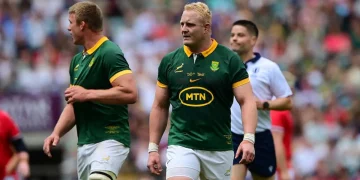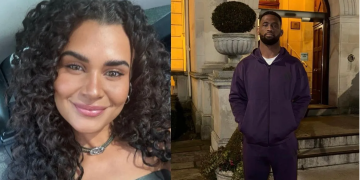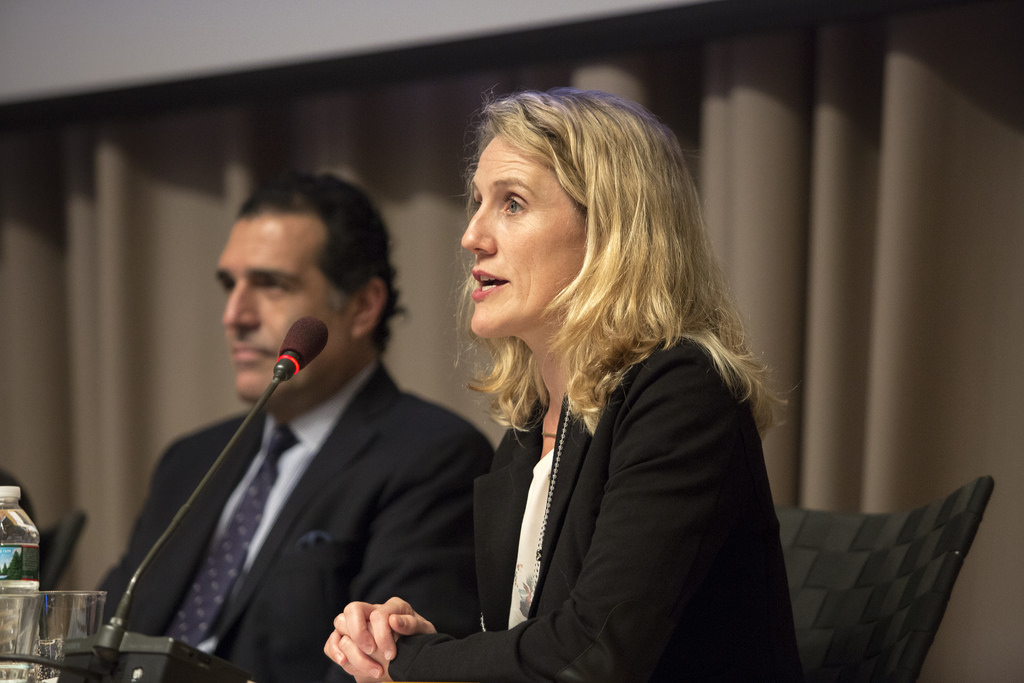The European Union (EU) last week eased its stance on sanctions against Zimbabwe. In a move that raised eyebrows both locally and among other Western States, the EU eased sanctions on Zimbabwe by removing Grace Mugabe, Defence Forces Commander Philip Valerio Sibanda, Vice President Constantino Guvheya Chiwenga and Lands and Agriculture Minister Perrence Shiri from the sanctions list.
Britain which departed from the European Union on 31 January 2020, but still bound by the EU decisions until December 31 2020, is not happy with the move as is likely to reverse the decision come 2021.
British Ambassador to Zimbabwe Melanie Robinson posted on Twitter about her government’s stance on the easing of sanctions by the EU.
“The UK Government has always been clear that we believe changes to sanctions regimes against Zimbabwe should reflect progress on the political and economy reforms promised by President Mnangagwa. #ActionOnReform,” she posted on Twitter.
A Foreign and Commonwealth Office spokesman told the Sunday Telegraph: “We did not agree with the EU’s decision to suspend these sanctions on Grace Mugabe. At the end of the transition period we will review it.”
The most likely outcome is the sanctions on the above mentioned individuals will be restored as the United Kingdom doesn’t believe there are any political reforms made by the new dispensation.
United States of America and the European Union placed Zimbabwe under sanctions in 2001 following human right abuses, violent land reform program and lack of respect of the rule of law. A large number of people in the Mugabe government saw their assets frozen and were placed under travel bans.
The West gradually removed individuals from the list until it was left with top members in the government and the army. As it stands, the only remaining person on the E sanctions list is the President of Zimbabwe Emmerson Dambudzo Mnangagwa.










